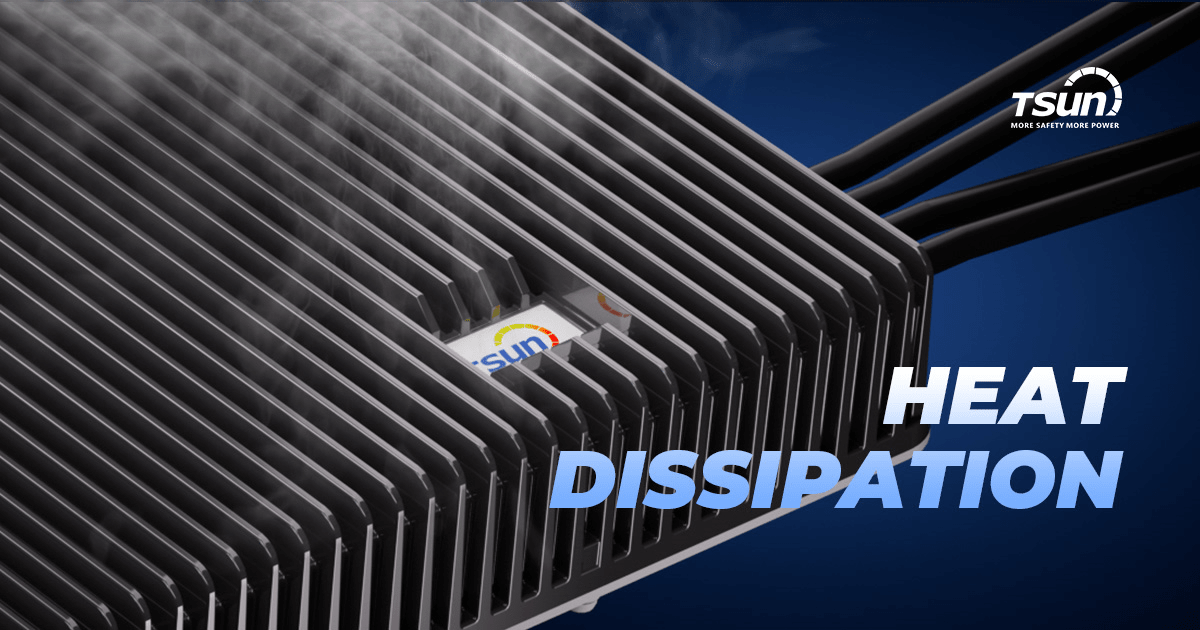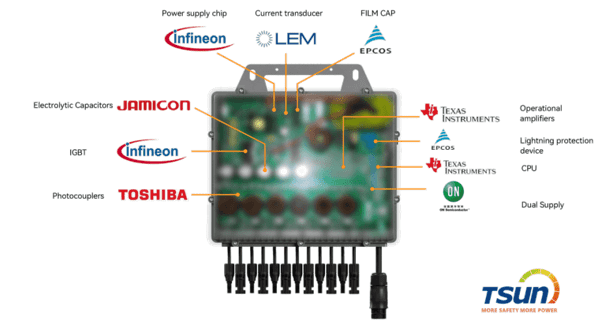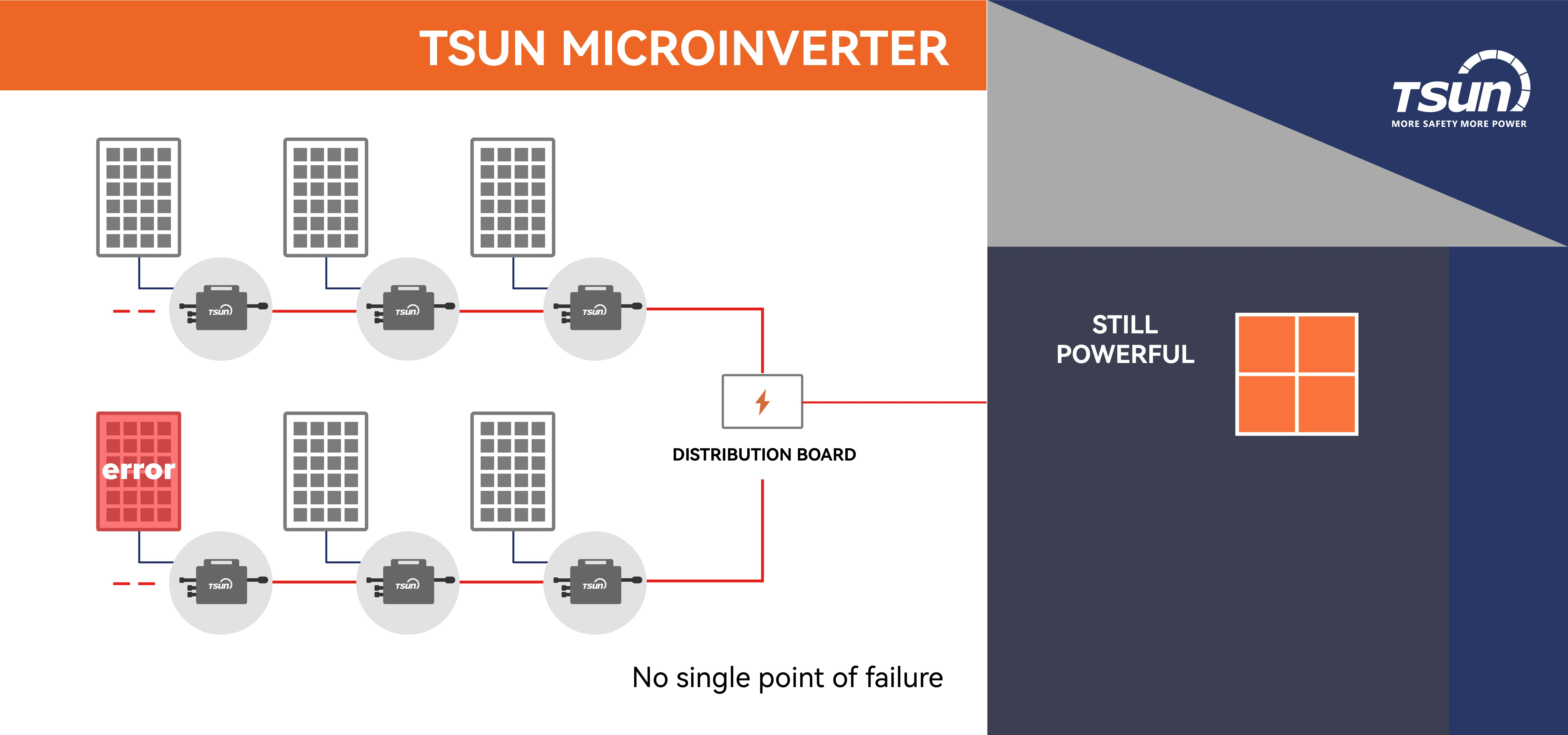 Mehr erfahren
Mehr erfahren2.0 Produkt
Mikrowechselrichter
-
GEN3 Mikro-Wechselrichter (Daisy Chain)
- 4-in 1 Mikro-Wechselrichter 2-in 1 Mikro-Wechselrichter 1-in 1 Mikro-Wechselrichter
-
GEN3 Mikro-Wechselrichter (Balkon)
- 4-in-1 Mikro-Wechselrichter 2-in-1 Mikro-Wechselrichter 1-in-1 Mikro-Wechselrichter
-
TITAN Mikro-Wechselrichter
- TITAN Mikro-Wechselrichter
Easy Solar Kit
-
Am Balkon aufhängen (DIY)
- ESK Balcony Air Vertical ESK Balcony Air Angled ESK Balcony Vertical ESK Balcony Angled
-
Am Boden (Einsatzbereit)
- ESK Pop-Up
-
Alle Szenarien (DIY)
- ESK Universal ESK Transformer
Energiespeichersystem
-
DC-gekoppelte Einheit
- DCU1000
-
Hybrid-Speichereinheit
- Hybrid-Speichereinheit
-
AC-gekoppelte Einheit
- AC-koppelte Einheit
Zubehör
-
Datenübertragungseinheit
- Datenübertragungseinheit
-
Intelligenter Zähler
- Medidor inteligente
-
Leistungsmesser
- Medidor de energia
- GEN3 Mikro-Wechselrichter (Daisy Chain)
-
4-in 1 Mikro-Wechselrichter
MS2000 / MS1800 / MS1600
-
2-in 1 Mikro-Wechselrichter
MX1000/900/800 | MS800/700/600
-
1-in 1 Mikro-Wechselrichter
MX500/450/400 | MS400/350/300
- GEN3 Mikro-Wechselrichter (Balkon)
-
4-in-1 Mikro-Wechselrichter
Balkon MS2000/1800/1600/2000(800)
-
2-in-1 Mikro-Wechselrichter
Balkon MX1000/900/800 | MS800/700/600
-
1-in-1 Mikro-Wechselrichter
Balkon MX500/450/400 | Balcony MS400/350/300
- TITAN Mikro-Wechselrichter
-
TITAN Mikro-Wechselrichter
MP3000 / MP2250 / MS3000
- Am Balkon aufhängen (DIY)
-
ESK Balcony Air Vertical
Geeignet für Balkone
-
ESK Balcony Air Angled
Geeignet für Balkone
-
ESK Balcony Vertical
Geeignet für Balkone
-
ESK Balcony Angled
Geeignet für Balkone
- Am Boden (Einsatzbereit)
-
ESK Pop-Up
Geeignet für flache Böden
- Alle Szenarien (DIY)
-
ESK Universal
Alle Szenarien
-
ESK Transformer
Alle Szenarien
- Hybrid-Mikro-Wechselrichter
-
Hybrid-Mikro-Wechselrichter MH2000
Gleichstrom-Eingang 16A, Wechselstrom-Ausgang 2000W
- DC-gekoppelte Einheit
-
DCU1000
Gleichstrom-Eingang 15A, Gleichstrom-Ausgang 800W
- Hybrid-Speichereinheit
-
Hybrid-Speichereinheit
HSU
- AC-gekoppelte Einheit
-
AC-koppelte Einheit
ACU
- Datenübertragungseinheit
-
Datenübertragungseinheit
Integriertes Wi-Fi, RS485 und RJ45
- Intelligenter Zähler
-
Medidor inteligente
Wi-Fi integrado
- Leistungsmesser
-
Medidor de energia
RS485/CT integrado
3.0 LÖSUNG

Netzgebundenes System--ESK
TSUN provides powerful versatility for end users,offering multiple choices based on their needs, and diversifying layouts through advanced and powerful solar micro inverters...
 Mehr erfahren
Mehr erfahren
Speichersystem -- DCU & ESK
TSUN provides powerful versatility for end users,offering multiple choices based on their needs, and diversifying layouts through advanced and powerful solar micro inverters...
 Mehr erfahren
Mehr erfahren
Speichersystem -- Hybrid-Mikrowechselrichter & ESK
TSUN provides powerful versatility for end users,offering multiple choices based on their needs, and diversifying layouts through advanced and powerful solar micro inverters...
 Mehr erfahren
Mehr erfahren
Speichersystem -- HSU & ESK
TSUN provides powerful versatility for end users,offering multiple choices based on their needs, and diversifying layouts through advanced and powerful solar micro inverters...
 Mehr erfahren
Mehr erfahren
























 Downloads
Downloads  Videocenter
Videocenter  Fehler melden zur Reparatur
Fehler melden zur Reparatur  FAQS
FAQS  Servicenetzwerk
Servicenetzwerk  Datenschutzbestimmungen
Datenschutzbestimmungen  Kontakt
Kontakt Überwachung
Überwachung












